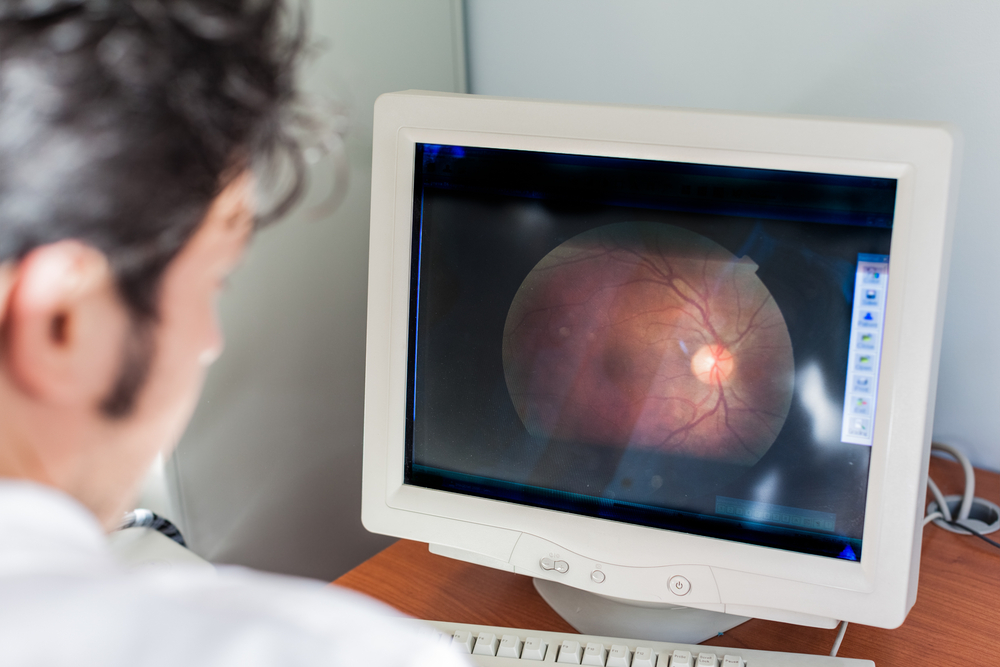
Central Retinal Vein Occlusion (CRVO) is a serious eye condition that can lead to vision loss if not promptly addressed. At Gulf Coast Retina Center, we specialize in diagnosing and managing retinal conditions like CRVO, providing patients with the expert care they need to preserve their vision.
What Is Central Retinal Vein Occlusion?
CRVO occurs when the central retinal vein, responsible for draining blood from the retina, becomes blocked. This blockage can cause blood and fluid to accumulate in the retina, leading to swelling, damage to retinal cells, and impaired vision. Symptoms may include sudden vision loss or blurred vision in one eye.
What Causes CRVO?
CRVO is typically caused by a blood clot that obstructs the central retinal vein. This blockage can occur due to:
Narrowed or Hardened Blood Vessels: Conditions like atherosclerosis can cause vein compression.
Thrombosis: Formation of a blood clot within the vein.
Increased Eye Pressure: Elevated intraocular pressure, as seen in glaucoma, can increase the risk of vein occlusion.
Risk Factors for CRVO
Several factors may increase the likelihood of developing CRVO:
Individuals over 50
High Blood Pressure
Diabetes
High Cholesterol Levels
Smoking
Glaucoma
Blood Disorders
How is CRVO Treated?
Our retinal specialists are highly experienced in managing Central Retinal Vein Occlusion (CRVO) using advanced diagnostic tools and personalized treatment options designed to meet each patient’s unique needs. We combine cutting-edge technology with a patient-focused approach to provide comprehensive care.
For a thorough diagnosis, we use state-of-the-art imaging technology to evaluate retinal swelling, blood flow, and any underlying causes of CRVO. This allows us to accurately identify the extent of the condition and create a targeted treatment plan.
Treatment options for CRVO focus on reducing swelling, restoring vision, and preventing further complications. Intravitreal injections, such as anti-VEGF agents or corticosteroids, are often used to decrease retinal swelling and improve visual outcomes. In cases of neovascularization, laser therapy can effectively prevent further complications by addressing abnormal blood vessel growth.
Contact Gulf Coast Retina Center Today
If you experience sudden vision loss, blurriness, or other changes in vision, it’s crucial to seek immediate medical attention. Early diagnosis and treatment of Central Retinal Vein Occlusion can make a significant difference in preserving your eyesight. Schedule a consultation with our retinal specialists at Gulf Coast Retina Center in Sarasota or Venice, Florida. Call (941) 312-2769 or be seen today.








